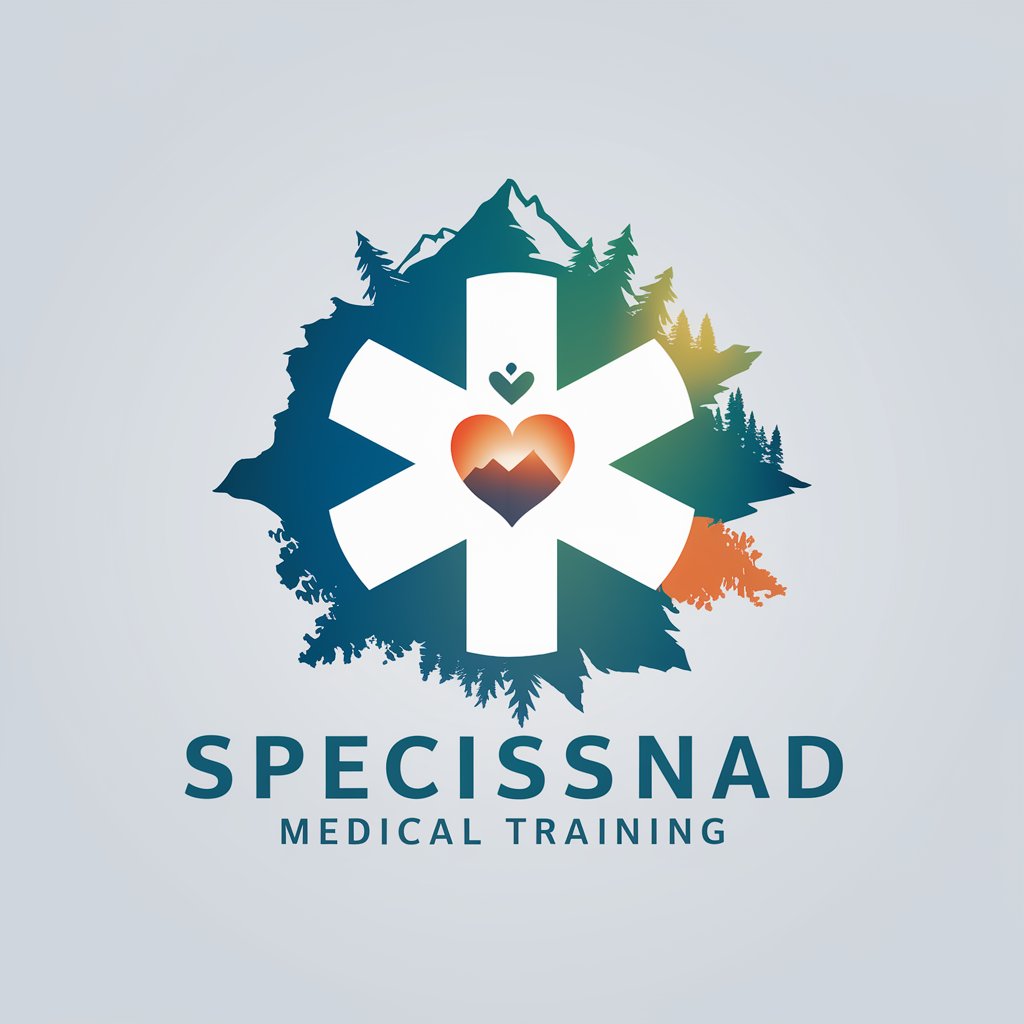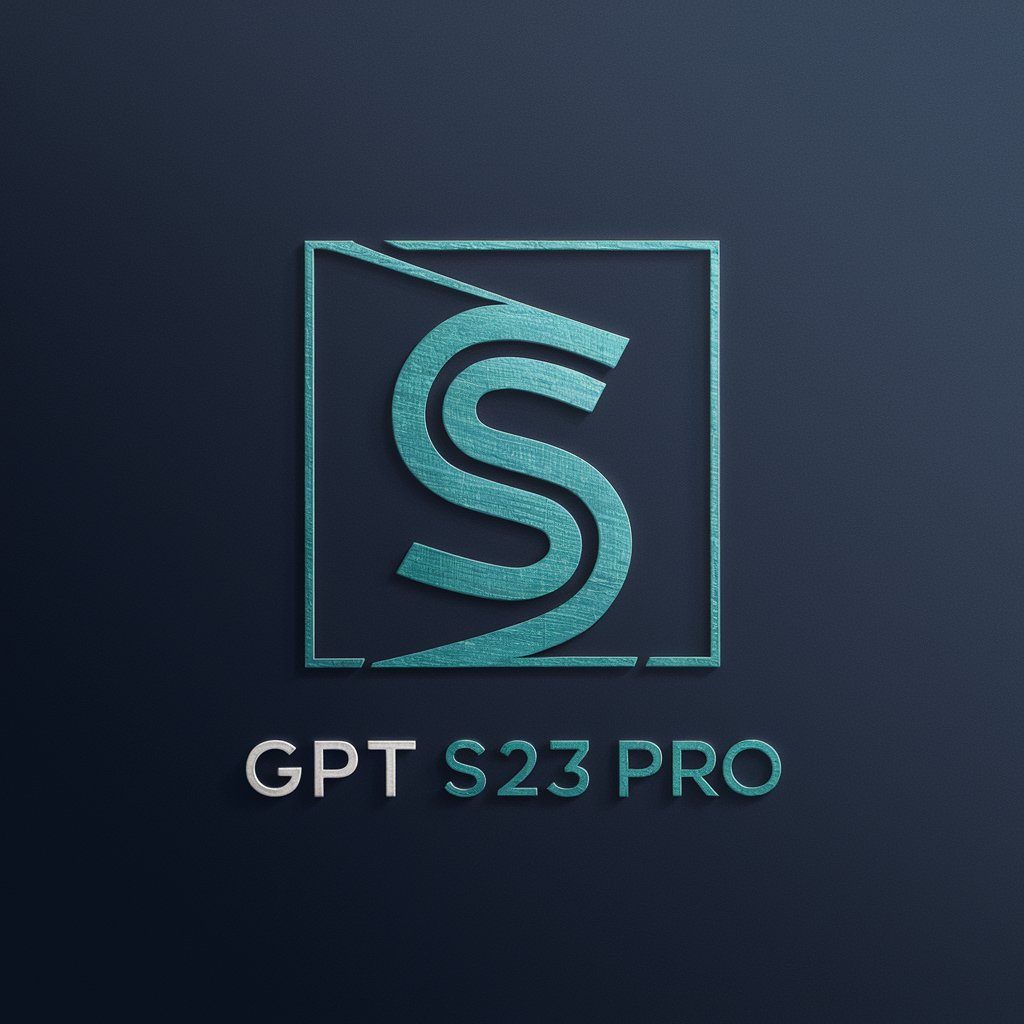総合診療専門研修プログラム地域医療判定 - Regional Healthcare Assessment

Welcome to the Comprehensive Medical Training Program support system.
Empowering rural healthcare with AI
Explain the importance of comprehensive medical training in rural areas.
Describe the challenges faced by healthcare providers in remote locations.
Outline the benefits of training programs focused on underserved regions.
Discuss the role of government initiatives in supporting rural healthcare.
Get Embed Code
Introduction to 総合診療専門研修プログラム地域医療判定
The 総合診療専門研修プログラム地域医療判定, or Comprehensive General Practice Training Program Regional Medical Assessment, is designed to evaluate medical institutions based on their location in relation to regional healthcare needs. It focuses on identifying healthcare facilities in remote, depopulated, or medically underserved areas, fulfilling a six-month training requirement for general practice in such locations. Utilizing data from the Ministry of Health, Labour and Welfare, the Ministry of Internal Affairs and Communications, and national census and medical professional statistics, this program aids in determining suitable locations for medical trainees to gain experience in diverse healthcare environments. For example, it can assess if a hospital in a remote island area meets the criteria for a training site by analyzing various factors like physician density and classification as a depopulated area. Powered by ChatGPT-4o。

Main Functions of 総合診療専門研修プログラム地域医療判定
Assessment of Healthcare Facilities in Remote Areas
Example
Identifying a hospital in a remote island as a potential site for general practice training.
Scenario
A medical trainee is looking for a training location in a remote area. The program evaluates available healthcare facilities on remote islands, determining their suitability based on factors like bed count, full-time physician staff, and medical services offered.
Evaluation of Depopulated Area Healthcare Institutions
Example
Determining if a clinic in a depopulated rural area qualifies for the training program.
Scenario
A healthcare policy maker is assessing the distribution of medical resources in depopulated areas. The program provides data on clinics in such regions, evaluating their capacity, physician numbers, and patient outreach services to guide policy adjustments.
Analysis of Medical Resource Scarcity
Example
Analyzing physician density in a specific municipality to identify medically underserved regions.
Scenario
A medical student is interested in practicing in an underserved area. The program uses statistical data to reveal the physician-to-population ratio in various municipalities, identifying those below the national average and thus considered resource-scarce.
Ideal Users of 総合診療専門研修プログラム地域医療判定 Services
Medical Trainees
Students and recent graduates seeking general practice training opportunities in diverse settings, especially in remote, depopulated, or underserved areas, to fulfill their training requirements and gain unique clinical experiences.
Healthcare Policy Makers and Planners
Government officials and healthcare administrators involved in planning and policy-making for regional healthcare distribution. They benefit from detailed assessments of medical institutions in various areas to make informed decisions on resource allocation and training program placements.
Academic Researchers in Healthcare
Researchers focusing on regional healthcare disparities, resource distribution, and the impact of training programs in remote or underserved areas. They use the program's detailed data and assessments for studies and policy recommendation development.

How to Use Comprehensive General Practice Training Program Regional Medical Assessment
1
Start by accessing the tool for free without needing to log in, visiting yeschat.ai, and there's no requirement for ChatGPT Plus.
2
Enter the name of a medical institution or a specific region you're interested in evaluating for compliance with remote, underserved, or depopulated area training requirements.
3
Review the automated analysis based on official data regarding remote medical services, depopulated area classifications, and physician density per 100,000 people.
4
Use the provided information to determine whether a location meets the criteria for a training site within the Comprehensive General Practice Training Program.
5
For further inquiries or clarification, refer to the guidelines and data sources mentioned, such as the Ministry of Health, Labour and Welfare, and the Ministry of Internal Affairs and Communications.
Try other advanced and practical GPTs
Recursive Goaler
Empower Your Goals with AI

Marketing Maestro
Empower Your Marketing with AI

SEO Sage
Unlock Your Site's Potential with AI-Powered SEO

Abogo
Empowering procurement with AI

Motivation Mentor
Empower Your EQ with AI

Informeel verbetere
Making text engaging with AI flair

будизъм
Enlighten Your Path with AI

여행 플래너 프로
Crafting personalized journeys with AI

GiftMatcher GPT
Roast, Laugh, Gift: AI-Powered Wit and Thoughtfulness

ミニマリストの関西兄貴
Declutter with a Kansai Twist

"GPT S23 Pro"
Maximize your Galaxy S23 with AI-powered insights

圣诞贺卡
Personalize your holiday greetings with AI

Frequently Asked Questions about Comprehensive General Practice Training Program Regional Medical Assessment
What is the purpose of this tool?
The tool is designed to evaluate medical institutions and regions to identify if they meet the criteria for training sites in remote, underserved, or depopulated areas as part of the Comprehensive General Practice Training Program.
What data sources does the tool use?
It utilizes official data from the Ministry of Health, Labour and Welfare on remote medical services, the Ministry of Internal Affairs and Communications on depopulated area classifications, and national census along with physician statistics.
How accurate is the tool's assessment?
The assessment is based on the most recent and official data available; however, users are advised to consult with the respective ministries for the most current information and guidelines.
Can this tool help with planning medical services in rural areas?
Yes, by identifying areas that qualify as remote or underserved, healthcare providers and policy makers can use this tool to better plan and allocate resources for rural healthcare services.
Is there a cost to use this tool?
The tool is available for free access without the need for login or subscription to ChatGPT Plus, making it accessible to a wide range of users interested in regional medical assessment for the Comprehensive General Practice Training Program.
